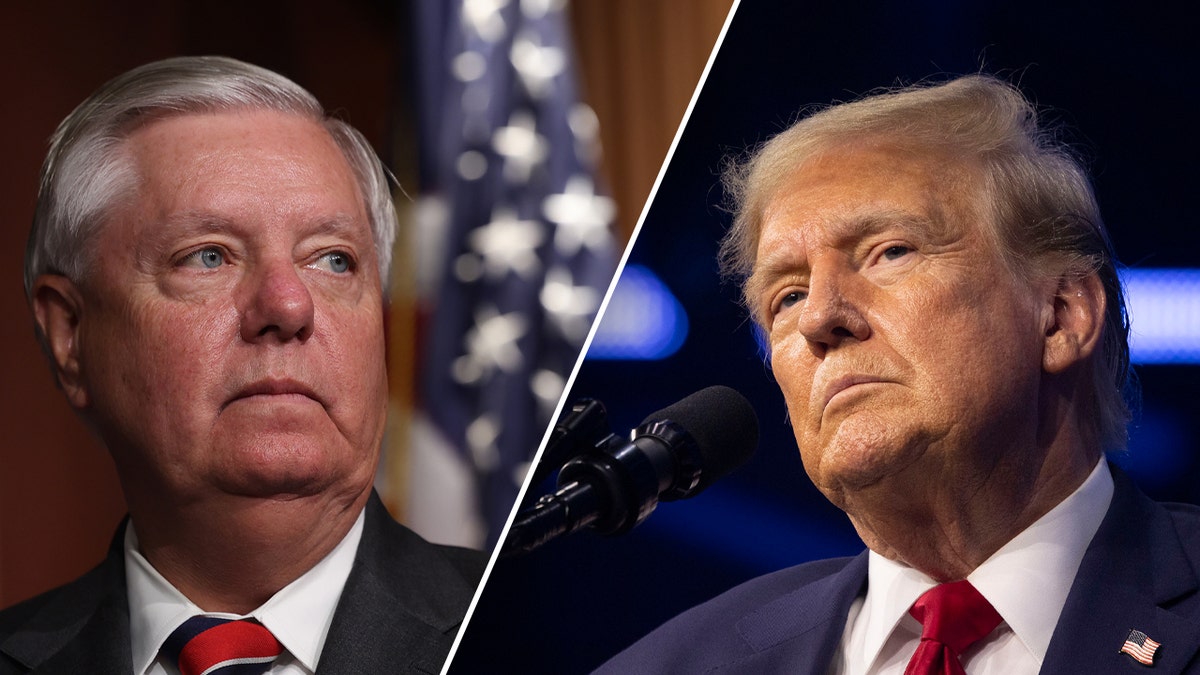Senate Republicans are pressing forward with their ambitious budget reconciliation plan, aiming to enact a substantial conservative policy overhaul. This move comes despite House GOP leaders asserting their chamber's intention to take the lead. Senator Lindsey Graham, the Budget Committee Chairman, introduced a comprehensive resolution designed to finance President Trump's key priorities, including border security, fossil fuel energy, and national defense.
The resolution allocates funds for the completion of Trump's border wall, expands detention center capacity, and bolsters immigration enforcement personnel. It also aims to accelerate offshore drilling leases and counter the Biden administration's methane emissions fee. Furthermore, the legislation seeks to enhance military readiness, expand the U.S. Navy, and establish a robust air and missile defense system.

Senator Graham emphasized the deficit-neutral nature of the bill, stating that the $342 billion in new spending will be balanced by equivalent savings. The Senate's strategy involves dividing Trump's reconciliation objectives into two separate bills. The initial bill addresses border security, energy, and defense, while a subsequent bill will focus on extending the Trump-era tax cuts and other fiscal proposals.
This two-bill approach diverges significantly from the House's preferred method. While both chambers concur on the legislative goals, House Republicans, particularly those on the Ways & Means Committee, are apprehensive about potential time constraints. They worry that the complex political maneuvering inherent in the reconciliation process may hinder the passage of a second bill encompassing Trump's tax cuts before the end of the year. A Ways & Means Committee memo cautioned that the expiration of these tax provisions could lead to a substantial increase in taxes for average American households.

Former President Trump has expressed his preference for a single comprehensive bill but has also indicated his flexibility regarding the legislative packaging, as long as his priorities are ultimately enacted. House Republicans' initial attempt to advance a single bill through their budget panel encountered resistance from fiscal conservatives advocating for more substantial spending cuts. These conservatives maintain that any Republican-backed plan must either reduce the deficit or remain deficit-neutral.
House Speaker Mike Johnson indicated his intention to proceed with the House's plan, despite the Senate's diverging approach. He expressed his ongoing communication with Senator Graham and anticipated a House Budget Committee markup of the bill in the near future. Meanwhile, Senator Graham plans to advance his bill through the Senate committee. Senate Republicans are scheduled to meet with Trump, further adding to the complexity of the legislative landscape.
Comments(0)
Top Comments